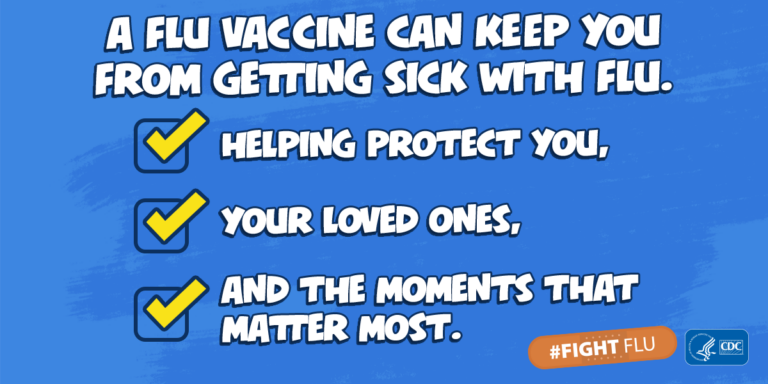Grief is a reaction to a major loss. Your grief journey is unique; meaning that each person navigates the journey on their own timeline, and in their own way. No two people have the same grief experience. Your grief journey, is without a roadmap, is shaped by many factors including the nature of your relationship with the loved one (where you close or at odds), the circumstances associated with the death (tragic, unanticipated, or after a prolonged illness), and age of the one who died are just some of the factors that can impact grieving.
Your grief journey is unique, what you experienced in the past may be very different from the one you are currently experiencing. Consider the loss of an aged chronically ill parent with whom you were very close, against the sudden loss of a child, under tragic circumstances. Both of these are profound losses, yet your reaction to each of these deaths, and the associated grief journey will be different.
Your Grief Journey
No one can tell you how to grieve or feel! Your religion and culture may provide a framework of rituals and customs that can be helpful in addressing mourning and grieving. Never forget that as individuals the grief journey is your own; remember we all heal at a different rate. Mourn; express your feelings and thoughts relating to your loss. Become acquainted with your pain of loss, and notice how the feelings change over time. Take note of the physical symptoms (anger, guilt, anxiety, despair, difficulty sleeping, changes in physical health) you experience on your grief journey; over time they should begin to lessen.
Your relationship with the one who died was unique. What you shared together, the good and not so good, is different from the relationship that individual had with others. Your relationship, the life lived by your loved one, circumstances relating to the death, and other issues that you were facing at the time all impact the grief journey.

Be Ready
Family and friends often mean well, yet the remarks of those who have not been through a grieving journey can appear insensitive. Too often those that do not know what to say, are uncomfortable in the situation and say something without truly considering the impact on you. Such comments include “get on with it”, “keep your chin up”, “It’s been six months you should be over it now” are just a sample of what you may hear. As my mother-in-law said “God gave you two years, one for the comments to come in and the other for them to go out.” Don’t get trapped in these remarks. Others may be seeking details relating to the circumstances of the death that you are uncomfortable sharing. This is your time for remembering your loved one in your special way and beginning to adjust to your new “normal.”
Statistics
The National Center for Biotechnology Information (US National Library of Medicine) notes that unresolved grief can result in a number of issues, up to 1/3 of individuals will encounter physical or mental health effects, or both. A quarter of those who have lost a spouse will experience clinical depression and anxiety. These findings indicate that you are not alone in struggling with unresolved grief, and a reminder that there are many resources available to assist you in navigating your grief journey.
Action Steps
Action Steps means that assistance in dealing with grief is a recognized necessity. One should not struggle alone in dealing with grief. There are many trusted resources available to assist your on navigating your grieve journey.
- Seek assistance from a healthcare provider or spiritual leader (mental health provider, clergy, bereavement counselor)
- If your loved one died while under hospice care, there are bereavement services that you may be entitled to
- Join a support group (community centers, religious organizations, hospices)
- Journal your feelings and emotions
- Avoid isolation, find something that connects and grounds you
- Accept help
- Take care of yourself
- Embrace your loved one and channel your energies! Consider dedicating your energies to an organization related to your loved one’s illness, cause of death, or suicide prevention (1-800-273-8255)
- Begin designing your new future

Final Thoughts
The grief journey is personal providing you to come to terms with your loss on your timeline. As you navigate through the challenges of grief, remember that there will be brighter days to look forward to in the future. Over time, the highs and lows of emotions will be less steep. Take advantage of those who are offering true assistance, and also consider how your loved one would want you to move forward.
Resources
Grief and Loss Includes a list of links to organizations helping individuals with various types of grief journeys
Helping Someone Grieving– What Should I Do?
#grief #caregiving #seniors


